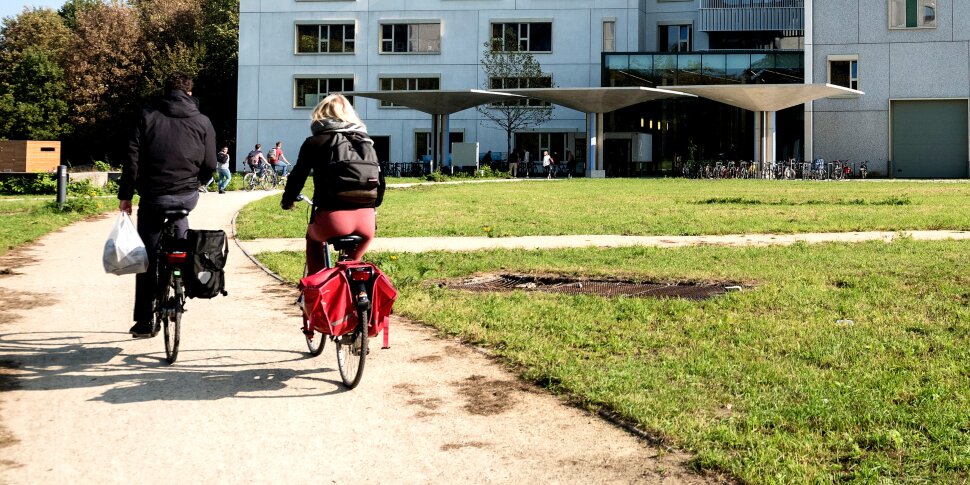Violence against children and adults in sport can be regarded as a wicked problem.
It involves many actors with different interests and responsibilities, as well as a diversity of emotions including anger, fear and anxiety.
The complexity of this problem necessitates a coordinated, interdisciplinary approach in order to fully understand how violence is perpetuated and dealt with in sport, both within individual countries and on the international level. While it is reported that up to 44% of children participating in sport are victims of violence, to date, the overall knowledge base on the issue is limited as the scientific community addressing these issues is relatively small, and the research field is in its infancy.
The few researchers addressing this topic have predominantly been working in silos, and, consequently, initial studies have examined this issue with a singular discipline approach.
Violence in sport is a multifaceted issue that has physical, psychological, social and organizational causes and consequences. The current fragmentation of the research efforts in this space limits the possibility of formulating a clear, collaborative and international research agenda.
The International Research Network on Violence and Integrity in Sport (IRNOVIS) brings together the leading and most active researchers from multiple disciplines in the field of violence in sport.
IRNOVIS aims to maximize the scientific impact of research in order to better inform sport policy development and implementation, including advising on ethical governance. Specifically, this research network aims to develop an international research agenda to study violence and integrity in sport. This will be accomplished by producing Position Statements, disseminating research findings and actively engaging in the international public debates on sport integrity and the protection of sport participants and athletes. IRNOVIS activities will be coordinated by the University of Antwerp, and will include yearly network meetings, guest lectures, an international conference, a Delphi study on expert opinion and joint research project applications.
